Chinese language jokes
« previous post | next post »
These are jokes circulating on the Chinese internet. Not all of them have to do with Chinese languages per se in the narrowest sense.
Mandarin
Guānhuà 官話 (lit., "officials' talk", "Mandarin")
Speaks for itself; this came from a Chinese colleague who says she loves it.
Vernacular vs. Literary
tāmā de 他妈的 ("his mother's", corresponding to "f*ck"), China's "national swear word" (guómà 国骂)
qí mǔ zhī 其母之 ("his mother's"), the Literary Sinitic / Classical Chinese (LS / CC) version of the previous item
Translation jokes
wǒ hǎo cài a 我好菜啊 (lit., "I am so vegetable", but really means "I am so weak"). Here's why. Cài 菜, which normally means "vegetable" or dish that you order in a restaurant, in the sense of "deficient" is a northern topolectal expression. According to Hànyǔ fāngyán dà cídiǎn 汉语方言大词典 (Unabridged Dictionary of Sinitic Topolects), cài 菜 sometimes means "yúbèn, nuòruò wúnéng 愚笨、懦弱无能" (“clumsy", "cowardly", "incompetent") in Pekingese, Jilu Mandarin 冀鲁官话, and Jin topolect 晋语; and it sometimes means "cì, chà, bù dǐng yòng 次、差、不顶用" ("second-rate", "inferior", "ineffectual") in Central Plains Mandarin 中原官话 and Southwestern Mandarin 西南官话. A more common word conveying this sense would be càiniǎo 菜鸟 ("rookie, newbie, green hand"), in which "菜" basically means "awkward, lacking ability".
It's interesting that the creator of this joke did not see the need to provide the Mandarin sentence on which it is based: "Nǐ kànkàn nǐ 你看看你" (lit., syllable by syllable, "you see see you", but idiomatically meaning "Look at you! Take a look at yourself!").
Student jokes
Hāhāhāhā yī zhǐ miányáng,
liǎng zhī miányáng, sān zhī miányáng,
sì zhǐ…
哈哈哈哈一只绵羊,
两只绵羊,三只绵羊,
四只…
Hah hah hah hah, one sheep,
two sheep, three sheep,
four sheep…
bié zhěng tài dà yā lì
yào duō jī lì zìjǐ
别整太大鸭力
要多鸡立自己
Literally, character by character:
"don't complete too great duck power
must many chicken stand self self"
Of course, that doesn't make any sense, so we need to decode the intended meaning of several words that are being used punningly or in a special topolectal sense:
Zhěng 整 is highly polysemous even in Modern Standard Mandarin (MSM), and is possessed of an abundance of topolectal usages, which its entry in Wiktionary gives an idea of. In this case, the applicable meaning is from the Northeastern topolect, generally signifying "make", which has a humorous nuance, and is now used very often on popular social media. Zhěng 整 in this specific context indicates its emphasis on the fact that the pressure (see the next note) is created by oneself, rather than others, and thus could be avoided. In research papers, scholars often compare zhěng 整 with zuò 做 or gàn 干 and refer to them as examples of fànyì dòngcí 泛义动词 ("general verbs; generalized verbs" — meaning "do; make; act", etc.), and to some extent they are similar to polysemantic verbs in English. Thus, here with zhěng 整 we have a polysemantic topolectal term derived from a polysemous lexeme.
It's not too hard to figure out that yā lì 鸭力 ("duck power"), which sounds funny, stands for yālì 压力 ("pressure").
Similarly, jī lì 鸡立 ("chicken stand") is for jīlì 激励 ("excite; incite; urge; encourage; motivate; stimulate; impel".
Thus, the couplet actually means:
"don't make too much pressure
you should often motivate yourself"
A final twist to the verbal bittersweetness of the couplet comes from its visual depiction of a duck sitting on the head of a cat and a chicken standing on the head of a little dog, since the softest pillows and comforters of one's bed are made of the feathers of these two fowls. Yet, Chinese young people feel that they should not allow themselves the leisure of relaxing on their bed, but should just keep working, even when they are so tired they can barely sit up and stay awake.
N.B.: Both the cat and the dog are using Macs.
Reading
"GAN4 ('Do it!')" (8/11/17)
"The Etiology and Elaboration of a Flagrant Mistranslation" (12/9/07)
"The further elaboration of a flagrant mistranslation" (8/31/13)
No explanation needed.
Jiāo lùnwén hòu
交论文后
"After turning in [your] paper".
A foreigner speaking Mandarin
For those who do not know the allusions involved, see:
"Dirty Hungarian Phrasebook", a Monty Python sketch
"My hovercraft is full of eels in many languages", Omniglot
6/4/89 and the College Entrance Exam
The band, banner, and placard all say "gāokǎo jiāyóu 高考加油" ("Go, college entrance exam [takers]!").
For jiāyóu 加油, see:
"'Add oil'" (9/13/16)
"'Add oil' is now English" (10/18/18)
"Comrades, 'hike up your skirts for a hard shag'" (7/23/17)
"Non-translation" (7/24/16) — in the comments
Incidentally, some of my native language speaking correspondents told me that, while they think all of these jokes are interesting, a few of them must have been made up by foreigners and are unlike what Chinese normally consider humorous. Conversely, although Chinese consider them hysterical, several of these jokes strike me as quite lame.
I should note that all of these jokes, even the ones that are completely in English, are making the rounds on Chinese social media, although the authorities are trying their best to remove items like the last three, which are verboten by the government at all times, but especially at this particular time of the year, right before the annual — utterly forbidden — commemoration of the Tiananmen Massacre (6/4/89) on June 4. The poignancy of the last three items is all the more enhanced, to the point of intense negative nostalgia, by the fact that this year's notorious gāokǎo 高考 ("college entrance exam") starts on June 7, just three days after the 30th annual commemoration of the TAM Massacre.
You're not supposed to know about the TAM Massacre, but obviously many people do know about it. However, even if you do know about it, you're supposed to pretend that you don't know about it and you should never mention it to anyone under any circumstances, especially not in publications or on the internet, including above all social media. So far as the CCP is concerned, the TAM Massacre is a non-event. It never happened — despite the fact that thousands of people were brutally murdered by government forces on June 4, 1989 in Tiananmen and elsewhere in Beijing and in other Chinese cities. And that is the saddest and sickest joke of all.
[Thanks to Bryan Van Norden, Brendan O'Kane, Yijie Zhang, Tong Wang, Lin Zhang, Qing Liao, and Chenfeng Wang.]
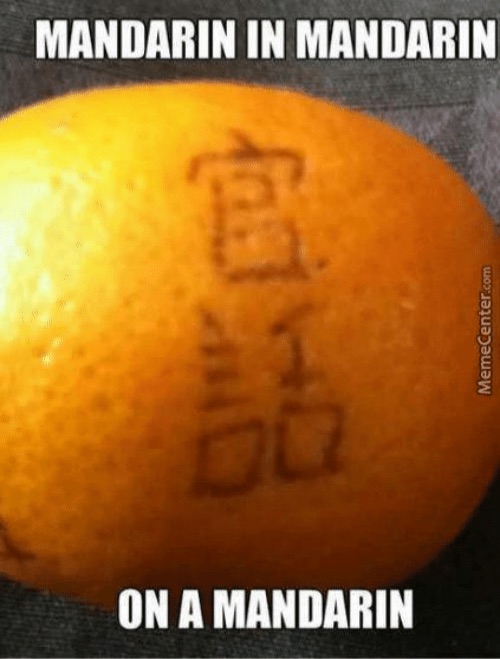
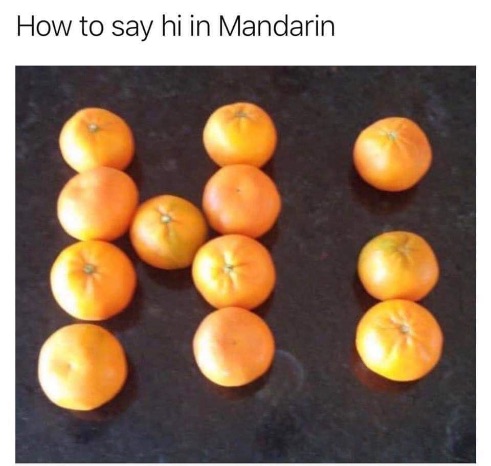
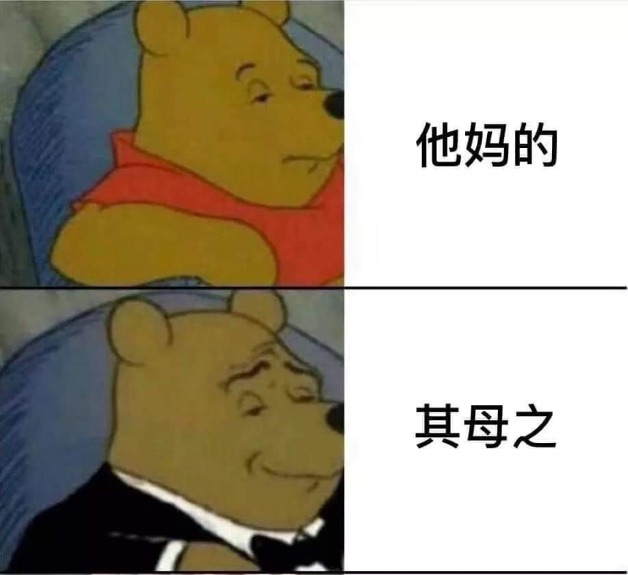
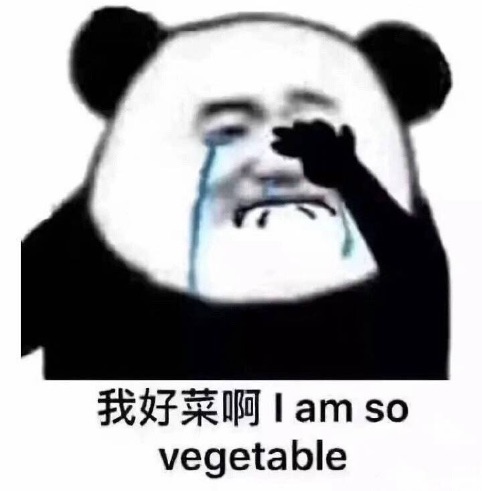
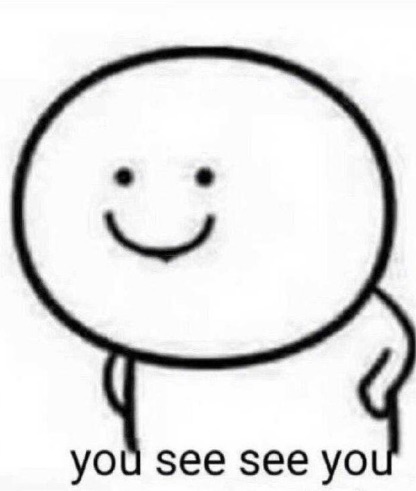
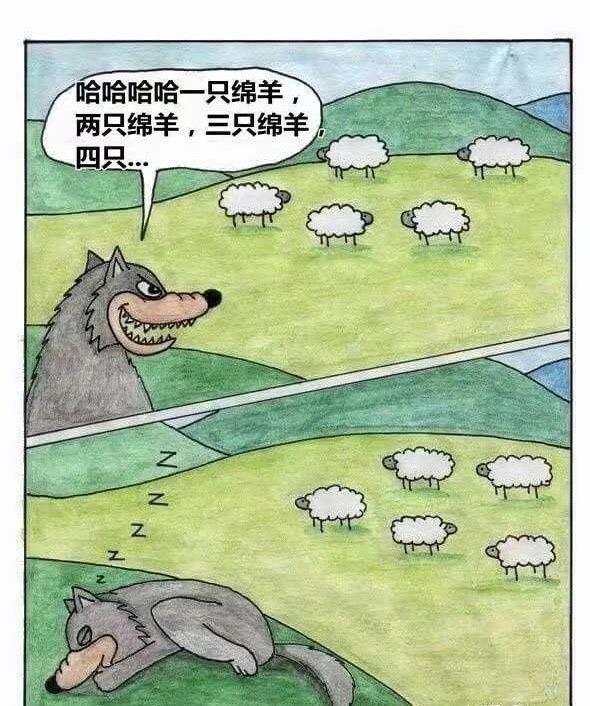
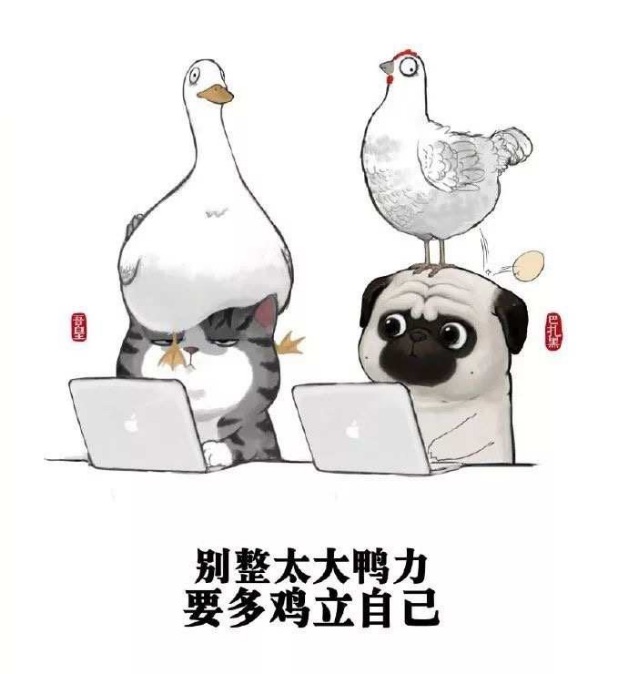
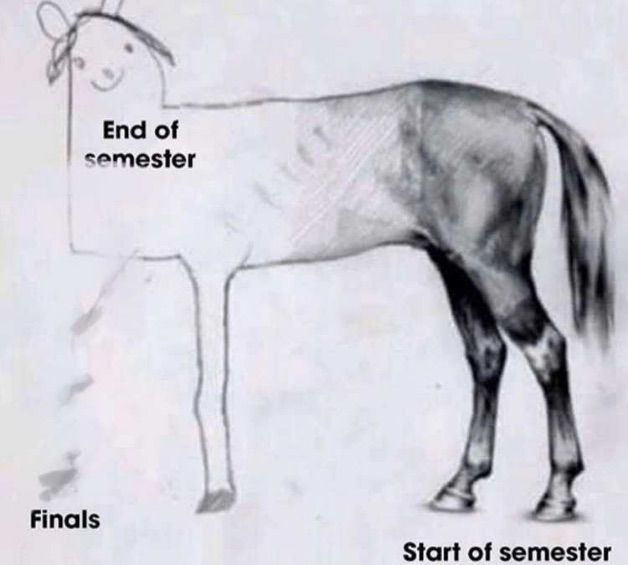
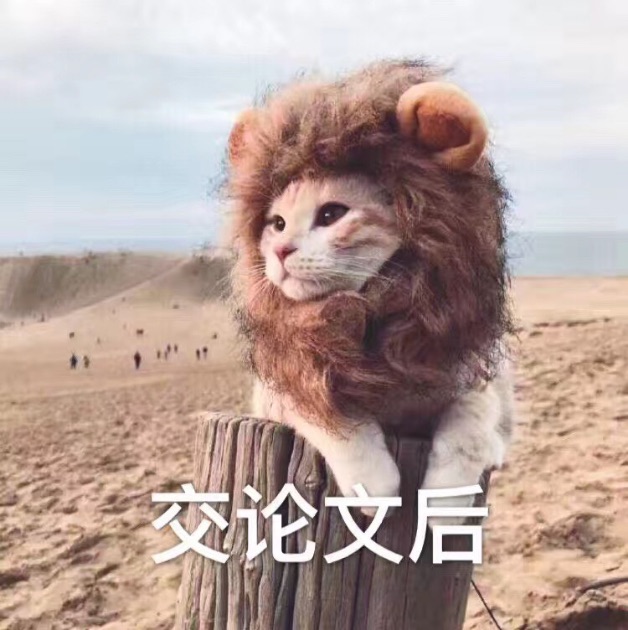
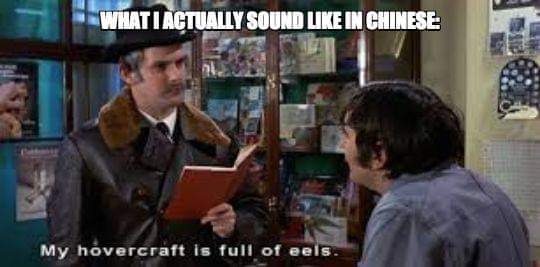
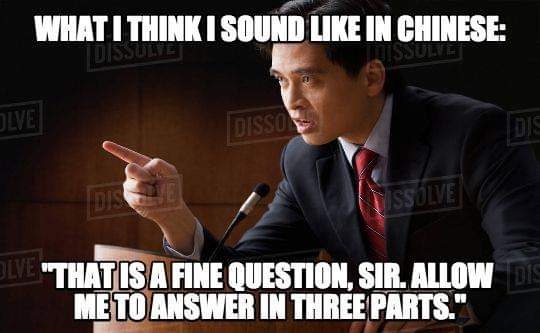
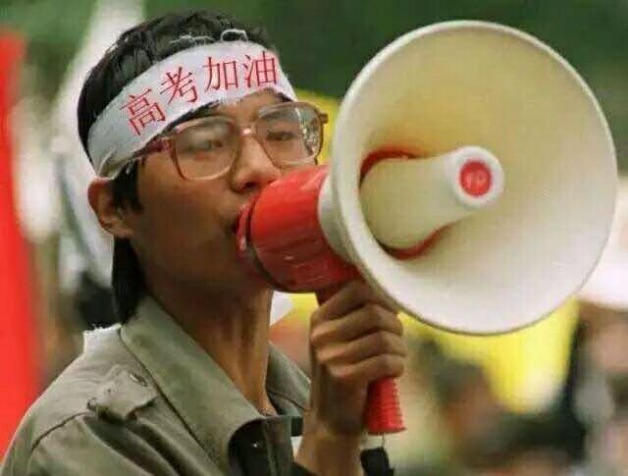
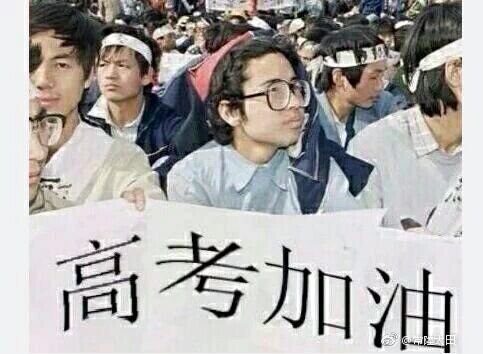
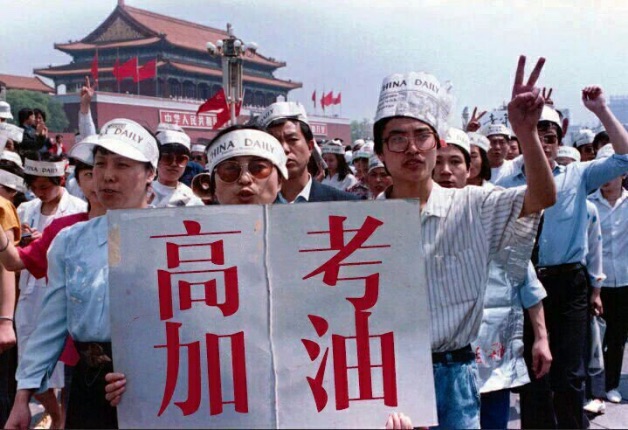
Shihchuan said,
June 4, 2019 @ 1:55 am
In Taiwan, "UCCU" is a further abbreviation of "you see see you" as a popular internet slang.
On the other hand, Zhěng 整 as a stand-alone verb in Taiwan only means "to prank, to mess with".
WSM said,
June 4, 2019 @ 6:54 am
The real question here is how you say "dank meme" in Chinese.
Victor Mair said,
June 4, 2019 @ 12:07 pm
Here's an eye-opening article (in Chinese) about the multiplicity of meanings of zhěng 整 in Northeastern topolects.
http://www.sohu.com/a/298649308_508482
Michèle Sharik Pituley said,
June 4, 2019 @ 1:14 pm
"don't complete too great duck power
must many chicken stand self self"
I know no Chinese of any sort, but reading stuff like this, and then the explanation of it, makes me feel like the Chinese are really Tamarians.
Darmok and Jalad at Tanagra, indeed.
Jonathan Smith said,
June 4, 2019 @ 11:29 pm
@ Michèle Sharik Pituley
Ah, that's TaMAIRian Chinese :D in which individual morphemes are separately translated, discussed on LL before.
The caption is just transparent and awful pun, something like
feeling plumb DUCKered out?
gotta enheartHEN yourself more often
ish :/ :/ :/
Jonathan Smith said,
June 4, 2019 @ 11:31 pm
sorry
feeling plumb DUCKered out?
gotta HENcourage yourself more often
of course
Ben Orsatti said,
June 5, 2019 @ 7:25 am
@ Pr.V.M.
Thanks for the link to that article. Whenever I worry that AI is going to become sentient and begin constructing Terminator robots to wipe out humanity, I just read a Google-translated version of an online article in Chinese, and I feel better:
"In the eyes of other provinces, the Northeasters are the sub-hands. Because the Northeast dialect comes with a sense of joy. The girl in the northeast is tall and looks good, but the woman in the northeast has a mouth. When the word "the whole" comes out, the little fairy has a sense of sight that becomes a woman."
Jonathan Smith said,
June 5, 2019 @ 7:38 pm
wazayabelinila
Chinese word meaning "Never again shall I pay you any regard."
#jokes
Jonathan Smith said,
June 5, 2019 @ 7:44 pm
Respond with
"wayazayabelinilatama"
Michèle Sharik Pituley said,
June 6, 2019 @ 10:40 am
@Jonathan Smith: “Ah, that's TaMAIRian Chinese”
I see what you did there. Lol!
Re: duckered out/ hencourage — groan!
Luke Bradley said,
June 7, 2019 @ 7:22 am
I would like to know which jokes were felt to be un-Chinese. The Pooh one I found very good, and something in me wishes that that kind of humour is culturally universal, but something else in me suspects that it may not be. (Raffles, the Gentleman Thug might be a good analogy to the general source of the humour there, for those who know it…)
Victor Mair said,
June 7, 2019 @ 7:27 am
The Pooh joke was specifically tagged by several Chinese correspondents as being un-Chinese, though they admitted that it is clever.
Luke Bradley said,
June 7, 2019 @ 9:03 am
Thanks! To explain what makes humour un-Chinese is a task for another day, no doubt.